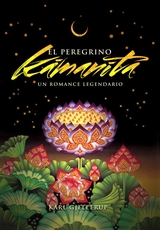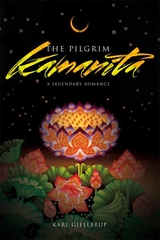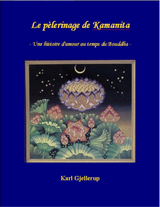…Comencé a leerlo, y muy pronto me di cuenta: «Bueno, bueno, bueno…es una novela budista. Y escrita por un oscuro académico danés». Era “Kāmanīta, el Peregrino”, al que ahora —unos diez años después— siento como un viejo, viejo amigo.
Mientras comencé a leer, pasajes familiares aparecían de pronto en las páginas: caracteres y declaraciones bien conocidas; incidentes famosos y favoritos de las escrituras budistas que habían sido entrelazados juntos y arreglados de otra manera, hilados en una tela de hermosos tonos y textura. Me zambullí y me disolví dentro de la historia, retomándola durante cada momento libre de los días y las noches que siguieron, y convenciéndome mientras tanto que la meditación de absorción en un objeto puede ser muy provechosa, cuando uno la hace con plena atención…
Cuando llegué a la última página del libro y finalmente lo dejé, se produjo un resplandor profundo en mi corazón y la convicción de que este no era solo un gran cuento, sino que tenía también lo más esencial de las enseñanzas budistas entretejidas a su través. Pensé: «No debería ser solo una mera curiosidad del inglés de la época de Byron o de la historia budista; debería estar allí afuera para que el mundo lo vea, al menos para aquellos interesados».
Ajahn Amaro, extracto del prefacio de la edición de 1999.





